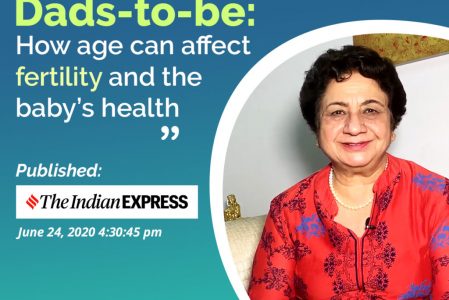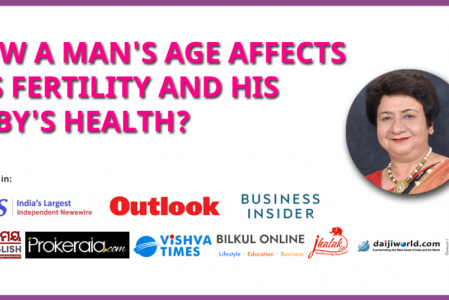Egg-freezing, so you get pregnant when you want to
June 30, 2020 (IANSlife) With the change in lifestyle patterns, educational or career demands, delayed marriages, rise in corporate stress, some women, for various reasons, choose to get married and get pregnant later in life. In recent years, a social trend toward delaying childbearing has been observed in women of reproductive age. Many women also choose to be single because they have not yet found a partner. As a consequence, by the time they decide to conceive or have children, it’s at an age is when their fertility is likely to have declined. One of the most novel medical advances available now is through fertility preservation techniques that can be obtained through so-called “social egg freezing”. The credit for this goes to a few significant changes like openness in society, awareness about the changing trends, and importantly, women themselves. With more women choosing to have careers, we’re seeing more of them consciously adopting egg freezing as a welcomed lifestyle choice – as a need of the hour. Dr. Beena Muktesh, Clinical Director – Fertility, Cloudnine Group of Hospitals, Gurgaon explains all about social egg freezing. What is social egg freezing? Social egg-freezing is a method to preserve a woman’s ovarian reserve



